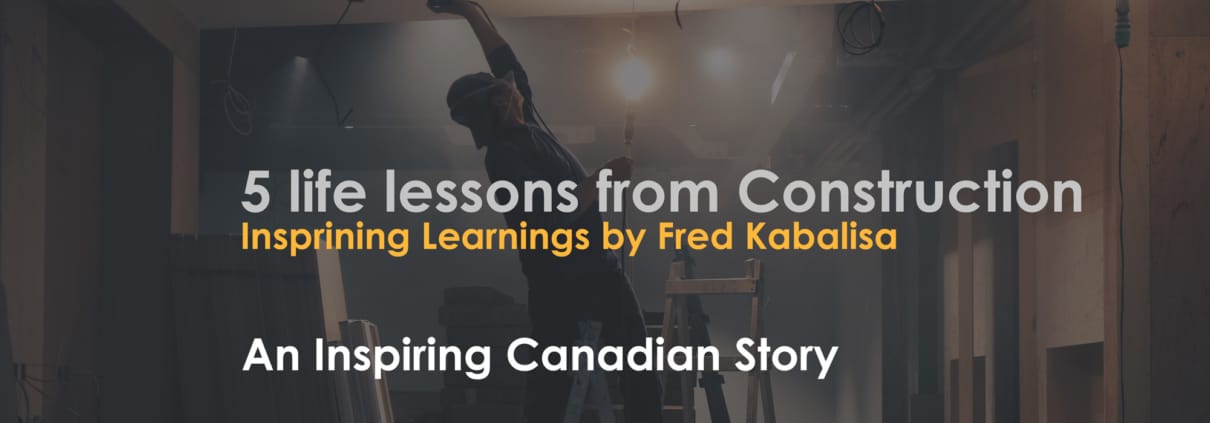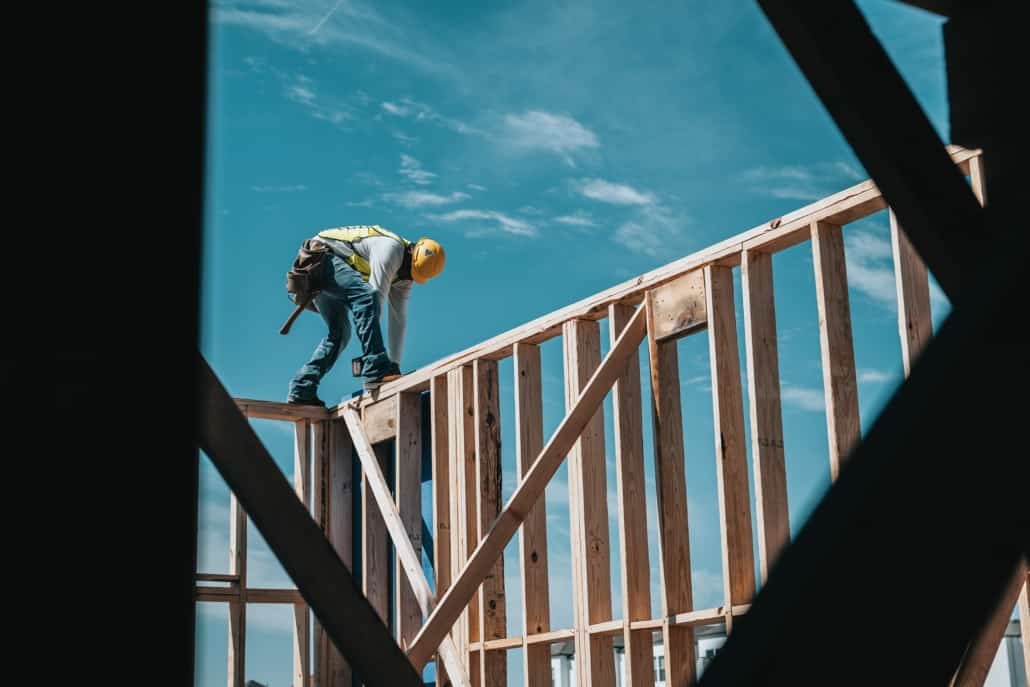If you are searching for the best wellness company in Canada, you have landed on the right page. Here is the list of the top ten companies!
Top 10 wellness companies in Canada
Wellness companies in Canada support people in improving their overall health and wellbeing. In addition to making healthier lifestyle choices, wellness companies also offer services to businesses, ensuring their employees achieve higher productivity levels, boost their self-confidence, and overcome stress.
Choosing the right wellness company for your employees’ wellbeing is the best way to create a positive culture in your organization, boost productivity, increase sales, and generate higher returns on investments. After all, when your employees are in good health, they work diligently and ensure everything goes well. Read on!
1. Cyno Virtual Health
Cyno Virtual Heath is the best wellness company in Canada, offering individuals and businesses a reliable platform to access healthcare. The company has developed an innovative program called the employee wellness plan, allowing them to access wellness experts and seek treatment for their specific problems.
Instead of matching employees with health providers based on availability, the company encourages employees to choose a health professional based on their specific needs. The purpose is to communicate with a qualified physician, doctor, or other health professionals and seek appropriate treatment.
Moreover, Cyno Virtual Health also offers a one-on-one mentorship program, allowing employees to get advice from experienced professionals in different areas. It is a great way to set achievable health goals for employees and allow them to get the most out of their health plans. You will also benefit from their medical consultation services and telemedicine support.
2. Heal Wellness
Heal has quickly gained popularity among businesses and firms across Canada. The company has a team of wellness experts with years of experience in corporate wellbeing, allowing organizations to access state-of-the-art programs for mental health improvement.
Heal has developed preventative mental health strategies for employees, allowing them to reduce the likelihood of psychological illnesses, increase workplace engagement, boost productivity, and overcome fatigue and burnout.
They offer turnkey wellness challenges, engaging lunch and learns and tailored content creation for organizations whose teams struggle with engagement, burnout and stress.
Learn more about Heal Wellness.
Additionally, the specialists at Heal have also developed a data-driven well-being assessment platform that allows organizations to measure their employees’ well-being and spot areas that need immediate attention. You can also access their comprehensive analytics, enabling you to track the progress of your wellness programs. It is located at 584 Concession St, Hamilton, ON L8V 1B1, Canada.

3. Health Systems Group
Health Systems Group is a wellness consultation company in Canada, offering services to individuals and companies. The company’s primary services are fitness, wellness, and recreation.
In addition, it offers consultation and management services for recreation centers, non-profit sports organizations, community centers, corporations, colleges, universities, and commercial clubs.
Moreover, Health Systems Group has a team of experienced professionals with degrees in sport management and specializations in wellness, fitness, health promotion, and sports psychology. It helps employers create customized wellness plans and programs that are tailored to their employees’ needs.You can also access their extensive database of physical activities and nutrition, allowing your employees to make informed decisions about their health. It is located at 6519 Mississauga Rd, Mississauga, ON L5N 1A6, Canada.
4. JM Nutrition
As the name indicated, JM Nutrition is a wellness company that offers a wide range of dietary services to improve people’s overall health. In addition to nutritional plans and strategies, wellness experts at JM Nutrition also organize seminars, workshops, and learn sessions for corporate employees, sports clubs/teams, and organizations.
Furthermore, the company has developed a unique concept called ‘Nutrition Solutions’ that focuses on improving an individual’s nutrition habits and wellness. You can access their services for customized nutrition plans tailored to your specific needs, as well as for health assessments and lifestyle coaching. It is the perfect way to ensure that your employees are getting the nutrition they need. It is located at 600 Sherbourne St, Suite 404, Toronto, ON M4X 1W4, Canada.
5. Medcan
Medcan has over 25 years of experience in corporate wellness. It is a global leader in the wellness industry and has offered services to over 1,000 companies worldwide. Medcan has developed advanced tools and strategies, including live wellness assessments, wellness programs, health essentials, family health, and corporate wellness.
Medcan also provides specialized medical services such as mental health, nutrition, and travel health. It offers a wide range of services and tools to businesses, allowing them to enhance the health and wellness of their employees. It is the perfect way to ensure that your employees get the best quality care. It is located at 150 York St #1500, Toronto, ON M5H 3S5, Canada.
6. Beekeeper’s Naturals
Beekeeper’s Naturals is a honeybee nutraceutical company that aims to provide organic solutions for acute and chronic health issues. All products developed by this company are natural, organic, pure, non-GMO, and pesticide-free.
Additionally, the company offers a range of natural remedies for health issues such as stress, anxiety, depression, sleep problems, and immune system deficiencies. Beekeeper’s Naturals also provides corporate wellness programs, enabling employers to help their employees achieve better health and well-being. This includes one-on-one wellness coaching, lifestyle assessments, nutrition advice, and personalized health plans. It is located at 102-260 Carlaw Ave, Toronto, Ontario, M4M 3L1, Canada.
7. Deep Genomics
Although Depp Genomic is a genome biology research and development company, its primary aim is to improve people’s wellness by using computational technologies and bioinformatics tools to alter genetics for therapeutic purposes. Deep Genomics has developed several systems to discover disease diagnosis, therapies, and treatments by analyzing DNA via computational techniques.
Furthermore, Deep Genomics also provides corporate wellness programs. This includes health screenings, biomarker tests, risk assessments, and personalized health plans. All of their services are designed to help employers and employees improve their overall health and well-being. They are located at 661 University Ave #480, Toronto, ON M5G 1M1, Canada.
8. Human API
Unlike other wellness companies in Canada, Human API offers real-time health data and analytics. The company provides services to more than 10,000 companies in over 40 countries. The resources provided by Human API allow health companies to access real-time structured medical records and health data from thousands of hospitals, clinics, pharmacies, labs, etc.
In addition to providing data and analytics, Human API also offers corporate wellness programs. These include health assessments, lifestyle coaching, nutrition advice, fitness programs, and much more. Also, their services are tailored to the needs and goals of each individual employee. It is one of the most comprehensive corporate wellness companies in Canada.

9. Working Well
Working Well is a wellness company that offers services to businesses and startup companies in Canada. The company focuses on developing advanced techniques and strategies based on the organization’s specific needs. For instance, businesses use their services to improve their employees’ wellbeing. The Toronto-based company has partnered with hundreds of companies across Canada.
Moreover, Working Well provides a wide range of wellness programs and services. These include health assessments, nutrition counseling, lifestyle coaching, workplace ergonomics, physical activity, psychological services, and more. This is done to ensure that the employees are healthy in all aspects and stay productive.
10. The Wellness Institute
The Wellness Institute is the child company of Seven Oaks General Hospital, offering innovative health services to organizations and businesses of all sizes and types. The company provides many corporate health services designed for improving employees’ health. It has also developed several digital solutions for employees to seek treatments for physical, mental, and emotional issues.
The Wellness Institute also provides corporate wellness programs. These include health screenings, fitness activities, ergonomics education and assessments, stress management tools, nutrition advice, and more. Its mission is to help organizations create a healthier, happier, and more productive work environment for their employees. It is located at 1075 Leila Ave, Winnipeg, MB R2P 2W7, Canada.
These are the top 10 Canadian wellness companies that are dedicated to helping people and businesses achieve their goals of better health. Through one-on-one consultations, digital solutions, and health education programs, these companies have helped hundreds of Canadians lead healthier lives. Whether you’re a business looking for corporate wellness solutions or an individual seeking nutrition and wellness advice, these Canadian companies have the resources you need to succeed.
What are the benefits of using a wellness company?
- Wellness companies offer comprehensive, tailored services to meet individual needs.
- They provide support and guidance throughout your wellness journey.
- Many companies utilize the latest technology to enhance their services and deliver accurate results.
- Using a wellness company helps individuals stay on track to achieve their health and wellness goals.
What services do wellness companies offer?
- Wellness companies provide various services, including:
- Nutritional plans
- Health assessments
- Physical fitness programs
- Mental wellness strategies
- Workplace methodologies
- Tailored solutions for both individuals and organizations.
Why Is Wellness Important?
In recent times, wellness has become an increasingly popular focus, as people begin to recognize its importance for cultivating physical, mental, and spiritual health. Something as simple as taking a few moments out of your day to practice mindful breathing can have profound benefits both immediately and over the long term.
Focusing on well-being can also provide an opportunity for self-care, which is necessary for everyone in order to maintain a healthy lifestyle. With a holistic approach that balances physical exercise with mental relaxation and complements it with an overall determination to practice healthy habits, we can create abundant vitality within ourselves and enjoy greater resilience against future challenges.
How can I maximize the benefits of a wellness company’s services?
- Active Participation: Engage actively in the programs and services offered.
- Set Clear Goals: Have clear health and wellness objectives in mind.
- Consistent Communication: Maintain open lines of communication with the wellness coaches or representatives.
- Feedback: Provide feedback and participate in assessments to track and improve your progress.
- Integrate Learning: Apply the knowledge and practices learned from the programs into your daily life.
Final Words
Canada’s wellness companies offer all-inclusive health services, including physical fitness, mental well-being, dietary strategies, workplace methodologies, and tailored solutions for individuals and organizations. These are the top ten wellness companies in Canada. Make sure you choose the one that best fits your needs. It is always recommended to consult with a professional before taking any action. Also, remember to prioritize your wellness! Until Next Time!
- Article based on personal opinion, experience and research.
- Photos from Unsplash & canva.





















